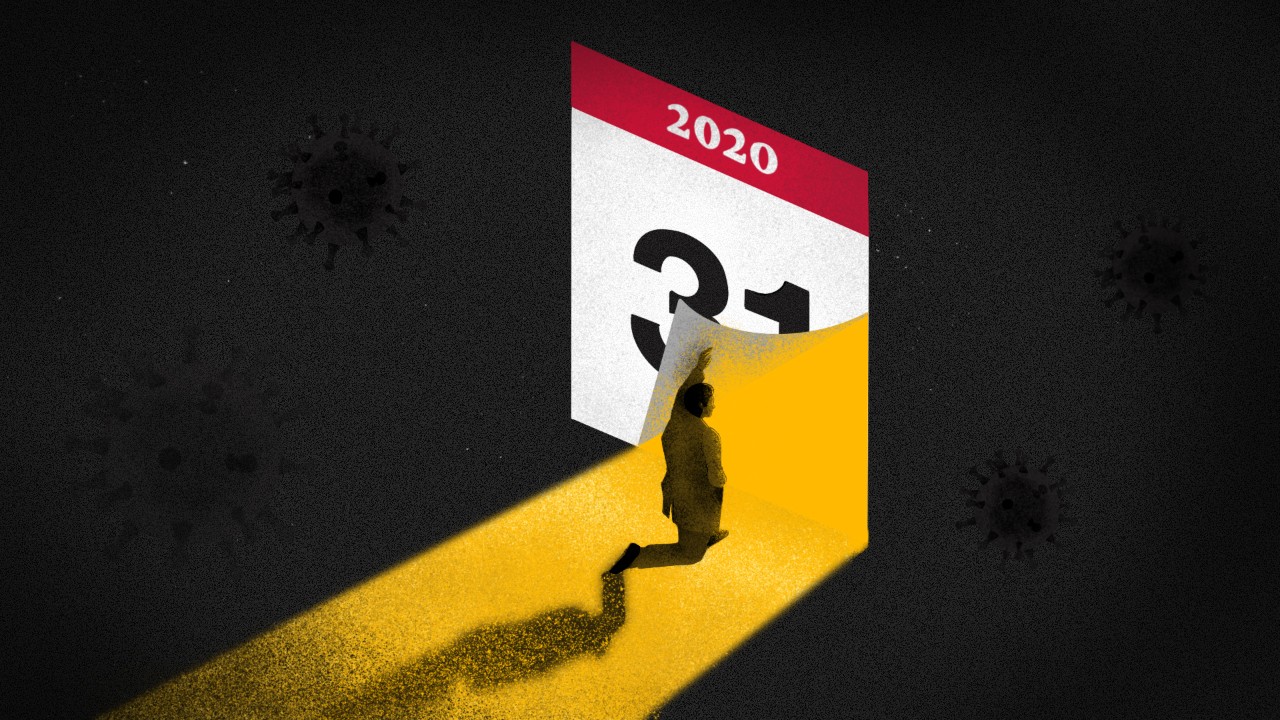Reflection on a year gone by is natural every holiday season. That reflex is more important than ever as we prepare for 2021.
A virus none of us had heard of a year ago has claimed over a million lives globally, brought cities to a standstill, and worsened our healthcare and economic divides. Many may be eager to move on from this year, but we should first apply the lessons learned to make a brighter future.
It was a year of incredible contrasts. Low wage earners suffered the most job losses while the stock market soared and professionals found working online more productive than many imagined. Streamlining operations saved money but tighter supply chains and leaner staffing reduced our resilience.
We also demonstrated incredible compassion and creativity, whether it was sewing much needed masks or turning shuttered restaurants into grocery suppliers when panic buying emptied supermarket shelves. Working together, whether to distribute food or to develop a vaccine, enables us to accomplish much more than working alone. That spirit will be needed for the herculean efforts of distributing vaccines, ending the pandemic, closing the output gap, and fostering sustainable recoveries that help millions of displaced workers find new livelihoods. Such progress also can help us address deep-rooted racism and inequality.
We wish you a healthy and prosperous New Year, which actually describes some of our predictions for 2021.
Data got a bad rep in 2020. We were bombarded daily with COVID-19 case counts and fatalities, yet many parts of the world failed to take the pandemic seriously or use data-sharing tools to contain it. Misinformation remained rampant.
Expect a rehabilitation of data in 2021. Data sharing by medical science has produced vaccines against the coronavirus in record time; their successful distribution could foster a much-needed recovery of economic and social activity.
Yet a lack of trust prevents us from capturing the full benefits of data sharing. We wish companies, policymakers, and consumer advocates will work together in the new year to provide more transparency, security, and control over the way information is captured, used, and protected.
In Brand We Trust
Journalism and governments fall behind employers and brands.
The pandemic was a boon for cyber criminals as the overnight transition to home working multiplied the number of potential targets. Ransomware surged 40 percent, with hospitals and schools joining multinationals among the victims.
The situation will get much worse in 2021 as bad actors target countless small companies for payments of thousands of dollars, as opposed to millions. Attacks globally will exceed one billion for the first time. Campaigns to raise public awareness and improve workforce training can turn the tide, but it takes time to build a safety culture. Until then, our wish is to see much greater efforts to prosecute ransomware thieves.
Mass transit ridership plummeted during the pandemic and might recover to only 80 percent of pre-COVID levels in the new normal, according to Gioia Ghezzi, president of Milan’s transit operator. What will take up the slack?
Virtual technologies for starters. Things like telehealth or video conferencing for work save time and are convenient, and after a breakout year in 2020, we believe they’re here to stay.
For those who are traveling, individualized forms of transit – from biking to personal car ownership – have surged. We predict micromobility will see some of the strongest growth, particularly in the United Kingdom: Just last month, Transport for London announced plans to select up to three operators for a 12-month trial of rental e-scooters. In 2021, we’re hopeful that urban mobility networks don’t revert to where we were – reliance on carbon-heavy ways of getting about – and instead travel further down the path of eco-friendliness.
We expect many cities to do a fair bit of soul searching in 2021. With 16 percent of urban respondents across eight countries considering relocation, the threat to cities is real. As American cities face revenue declines of 21 percent and a budget gap of $90 billion, we expect metropolises like New York and Boston to lose more residents and businesses, prompting them to rethink their value proposition.
Many people are seeking a better cost of living and access to good air quality and green space. We believe that smart planners who revisit how land and office space is used can spur a revitalization for cities in the next five to 10 years.
A Wave of Financial Uncertainty
As the pandemic persists, people are increasingly uncertain they will be able to pay all the bills and the household's critical expenses.
The new year will be a testing time for a nascent social capitalism. The pandemic, massive wildfires and hurricanes, and social protests like the Black Lives Matter demonstrations have generated pressure on companies to protect their employees and to take stands on diversity and sustainability. Nasdaq’s move to set diversity requirements for listed companies suggests that pressure won’t go away.
The Oliver Wyman Forum was established to build communities to act on shared challenges. We believe that together we can address the current crisis and build a more inclusive, resilient, and sustainable world. Please join us in 2021 on that journey.
Happy Holidays,
John Romeo, managing partner, Oliver Wyman Forum

Dr. María Mendiluce
CEO of We Mean Business

